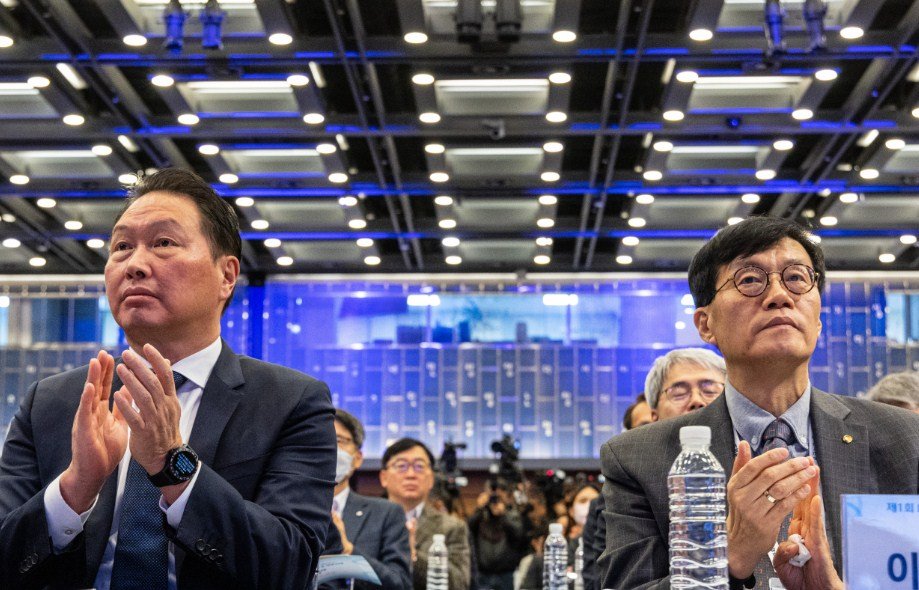The top executives of some of the world’s largest banks expressed their concerns about the potential triggers and impacts of the next global financial crisis at a summit in Hong Kong on Tuesday. They cited geopolitical instability, regulatory challenges, and market resilience as the main factors that could pose threats to the financial sector.
Geopolitical uncertainty could spark the next crisis
The trigger for the next global financial crisis is likely to come from the geopolitical or political space, said Morgan Stanley Chairman and CEO James Gorman. He was among more than a dozen top executives of international firms speaking at the Global Financial Leaders Investment Summit hosted by the Hong Kong Monetary Authority.
“The challenges to democracy in some countries around the world are pretty evident,” Gorman said without elaborating.
Deutsche Bank CEO Christian Sewing said markets have largely been resilient in the face of global events but any calm was vulnerable to the risk of new events.
“My biggest fear is that one more geopolitical escalation – and that can happen pretty quickly – and the markets at some point in time actually give up the calmness and then you have a market event,” Sewing said.
The comments come as an unfolding Israel-Gaza conflict adds uncertainty to the global economic outlook, while the Russia-Ukraine war drags on and Sino-U.S. tension continues to rise despite efforts to bring leaders of the two super powers closer.
Regulatory tightening could hamper growth and pressure smaller banks
The banking leaders also expressed concern about intensifying regulation in some jurisdictions that was hampering global economic growth and adding pressure to smaller banks.
“Certainly I think movements from certain regulators at the moment to try and talk about capital are misguided. They should be focusing on other issues,” said UBS Group Chairman Colm Kelleher, without specifying regulators.
In the U.S., the banking regulator has proposed stricter capital rules for big lenders following runs on smaller banks earlier this year, whereas the industry has argued there is no justification for significant capital increases.
Kelleher also commented on his bank’s merger with embattled rival Credit Suisse earlier this year, saying UBS did not want the merger and that major investors pushed back on the deal. In June, UBS completed its emergency takeover of Credit Suisse, forging a Swiss banking and wealth management giant with a $1.6 trillion balance sheet.
Market resilience could be tested by extreme events
The banking chiefs said they were confident in the strength and stability of their institutions, but acknowledged that market resilience could be tested by extreme events such as natural disasters, cyberattacks, or pandemics.
“We have to be prepared for the unexpected,” said HSBC Chairman Mark Tucker. He said the bank had invested heavily in technology, risk management, and sustainability to enhance its resilience and agility.
Standard Chartered CEO Bill Winters said the bank had learned from the COVID-19 pandemic to be more flexible and adaptable to changing circumstances. He said the bank had also increased its focus on environmental, social, and governance (ESG) issues, which he said were becoming more important for investors and regulators.
“We have to be able to demonstrate that we are part of the solution, not part of the problem,” Winters said.
The Global Financial Leaders Investment Summit was the first of its kind in Hong Kong, which aims to position itself as a leading international financial center and a gateway to mainland China. The summit attracted more than 300 participants from over 20 countries and regions, including senior officials, regulators, investors, and academics.

